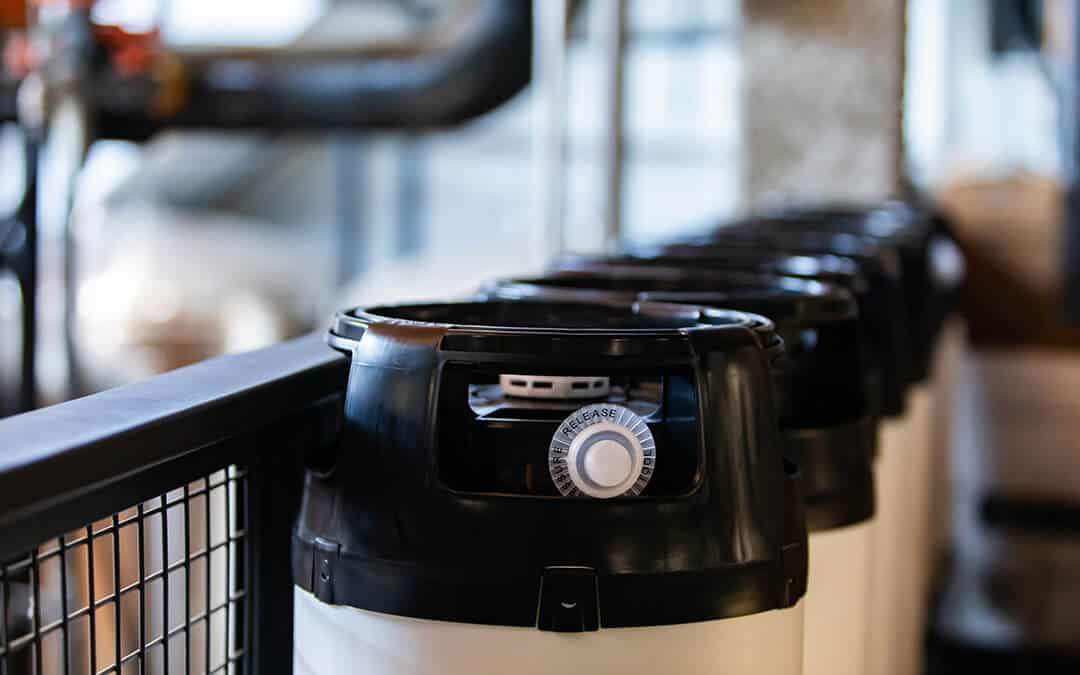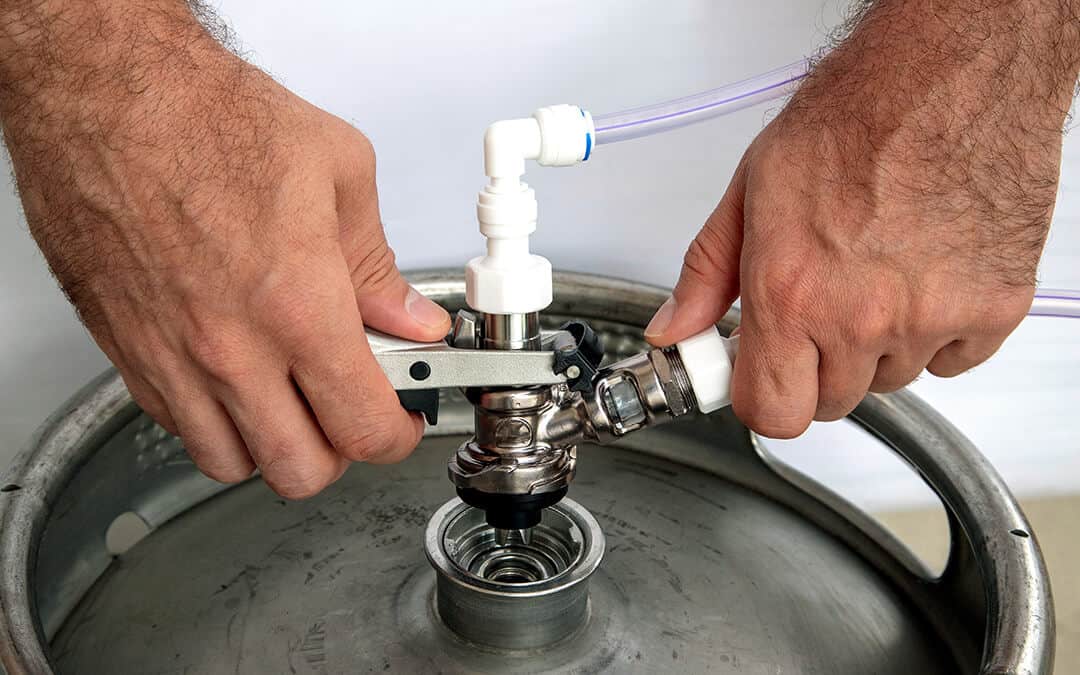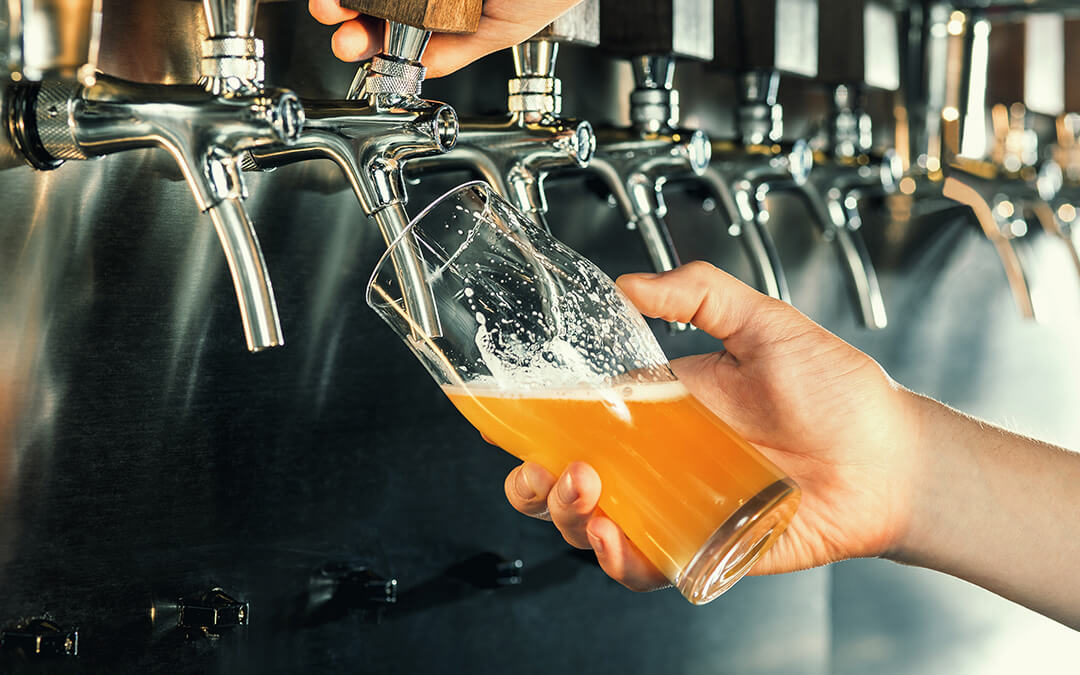Craft beer popularity is on the rise, and so is the need for carbon dioxide in breweries. In case you didn’t know, carbon dioxide (CO₂ for short) is what puts the fizz in your beer, your kombucha, or the cold brew at your local coffee shop.
As you’ve likely experienced, more and more bars, restaurants, pubs, and taprooms have closed due to the COVID pandemic. With these closures has come the need to pivot and create new business models. Many of these small and independent brewers have turned to canning and bottling more beer. But looming in the background is always that heightened concern about shortages in carbon dioxide — the brewer’s best friend.
Here’s how some breweries are cutting down on CO₂ pollution during COVID-19.

Carbon Dioxide Capture & Resell
Recently, the Brewers Association released a notice for small and independent craft brewers1 that there may be a potential shortage of CO₂ due in part to the COVID-19 pandemic. As you likely know if you’re a small or independent brewer, it’s neither easy nor cheap to capture the carbon dioxide that is emitted during the fermentation process; and it is this gas that is contributing in large part to global warming. What can be done about it?
While large brewers2 have been able to capture and recycle their carbon dioxide for years, this capability has not always been possible for small brewers. Earthly Labs, a new company out of Texas, is pioneering in the area of carbon capture3. They’ve created “a recycling loop” with their machine — affectionately named CiCi (for “carbon capture”). CiCi helps smallish breweries “trap their CO₂, use it to carbonate their beers” and then sell the extra gas to others who might need it. In fact, according to CNN Business4, Earthly Labs just “completed a pilot program in Colorado that involved capturing CO₂ at a local brewery and then selling that gas to a local cannabis company to stimulate plant growth.” How’s that for amazing?

How to Respond to the Carbon Dioxide Shortages
Even if you’re not prepared to capture and resell your carbon dioxide at this time, other actions can be taken to address the way CO₂ impacts your business.
What does the Brewers Association5 recommend? Begin by “communicating with your local CO₂ supplier to get an accurate picture of the situation in your area.” They also recommend reviewing your CO₂ supplier contract in order to better “understand your and your supplier’s obligations and options.” In times like these, it is important to minimize your CO₂ use by maximizing your efficiency.
Finally, know your supply chain. Reach out and get bids as supply and demand changes and shifts. After all, in times like these, a brewer can’t be left without its best friend.
Learn more information about our carbon dioxide (CO₂) for restaurants and breweries or contact us today.
